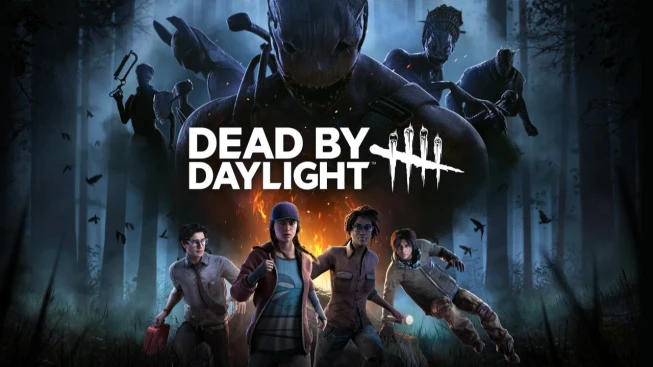Diving into Dead by Daylight plunges players into a tense survival horror scenario where split-second decisions determine outcomes. Mastering evasion tactics, teamwork reflexes, and map awareness transforms rookies into clutch teammates capable of turning losing battles into escapes.
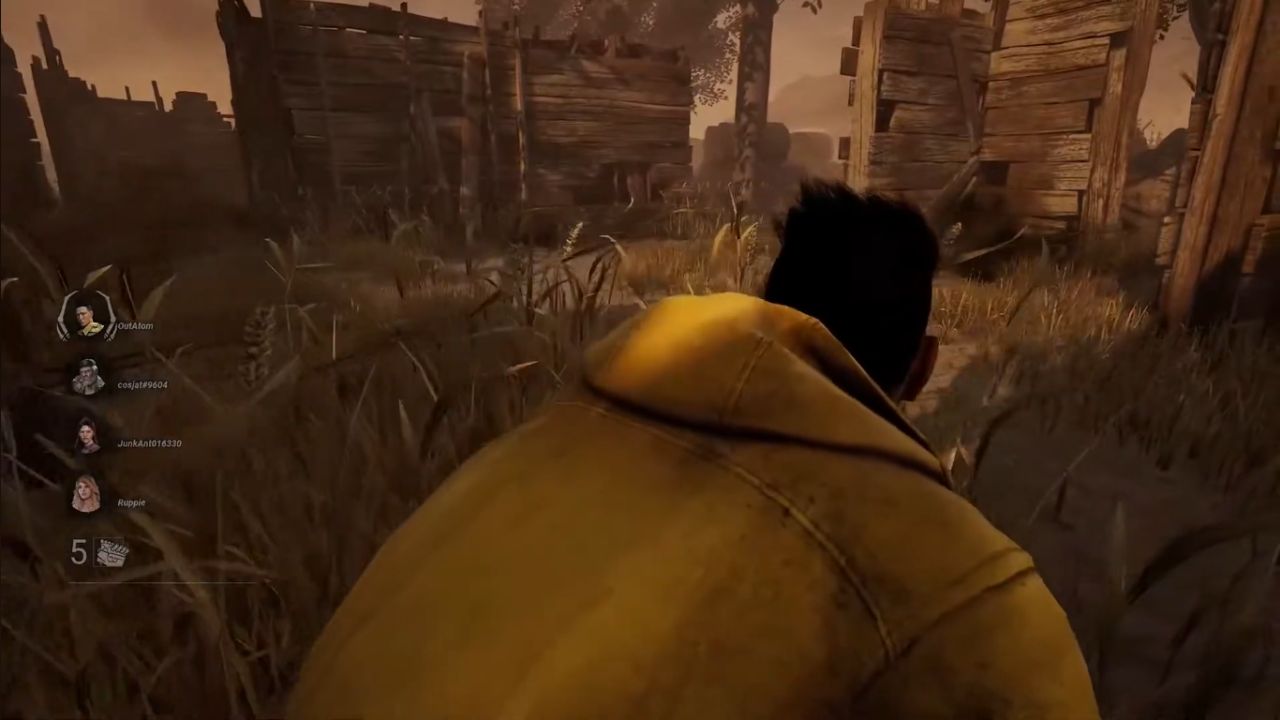
This guide offers strategies for mastering survivor gameplay in Dead by Daylight.
Initial Priorities: Tutorials and Progression
Begin with the tutorial to grasp fundamentals and earn essential bloodpoints for acquiring perks and items. Focus on leveling versatile survivors like Meg Thomas, whose Sprint Burst provides immediate speed boosts and Adrenaline activates healing/speed when generators finish. Prioritize adaptable perks before specialized ones.
Déjà Vu highlights generators, We’ll Make It enhances post-rescue healing, and Kindred reveals allies’ locations when hooked. These create team-wide advantages during critical phases. Invest in toolboxes or medkits after securing core perks.
Essential Gameplay Dynamics
The asymmetrical setup pits four survivors against a killer. Survivors repair generators to escape, while the killer hunts them. Third-person perspective aids situational awareness, contrasting the killer’s first-person view. Use peripheral vision to monitor surroundings independently of movement direction.
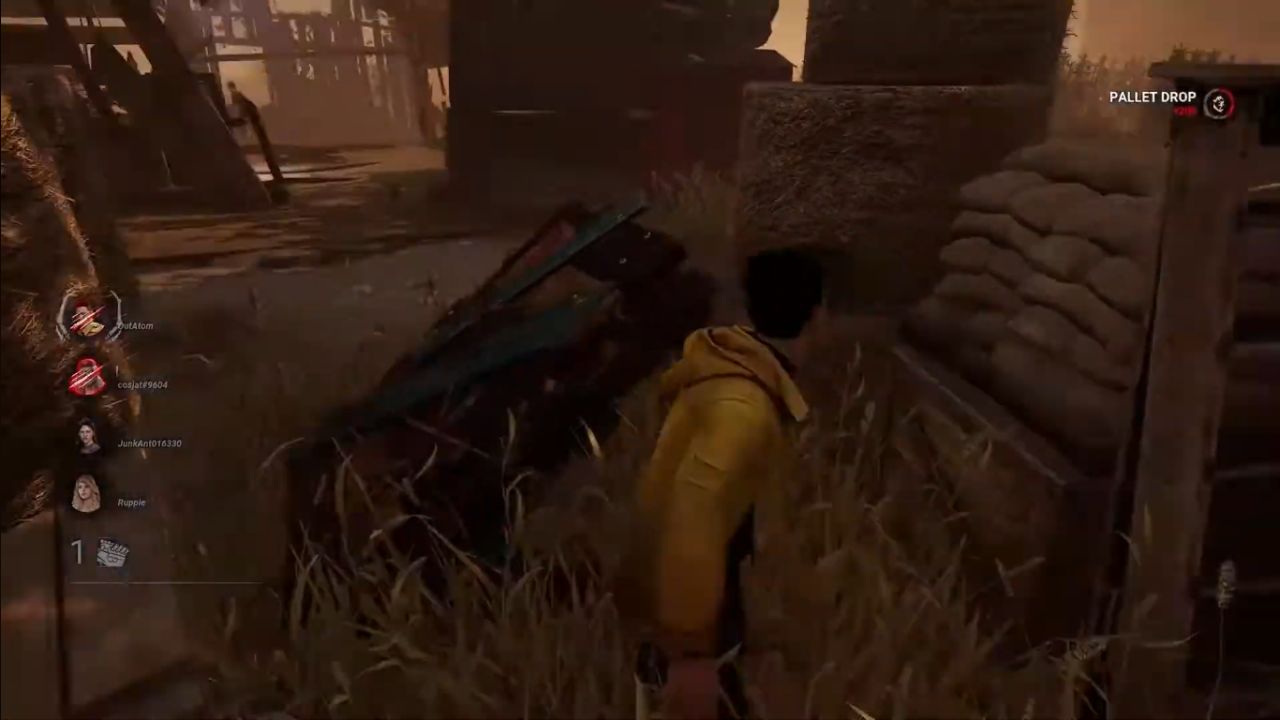



HUD indicators reveal teammates’ actions: wrench (repairing), medkit (healing), or claw (chased). Time skill checks precisely—failed attempts alert killers and regress objectives. Split early to pressure multiple generators, using Terror Radius cues to gauge threat proximity. Isolated generators reduce collision risks during chases.
Chase Tactics and Resource Management
When pursued, prioritize wasting the killer’s time via pallet drops and window vaults. Mix fast/slow vaults to disrupt predictions. Injury boosts after hits help reach safety zones. Avoid linear escape paths—sharp turns exploit killer turn rates. Mind-game by faking direction changes or early pallet throws.
Hook Mechanics and Recovery
Two hook stages precede elimination. Post-rescue endurance grants brief invulnerability—relocate before healing to avoid tunnelers. We’ll Make It accelerates recovery, letting teams reset faster.
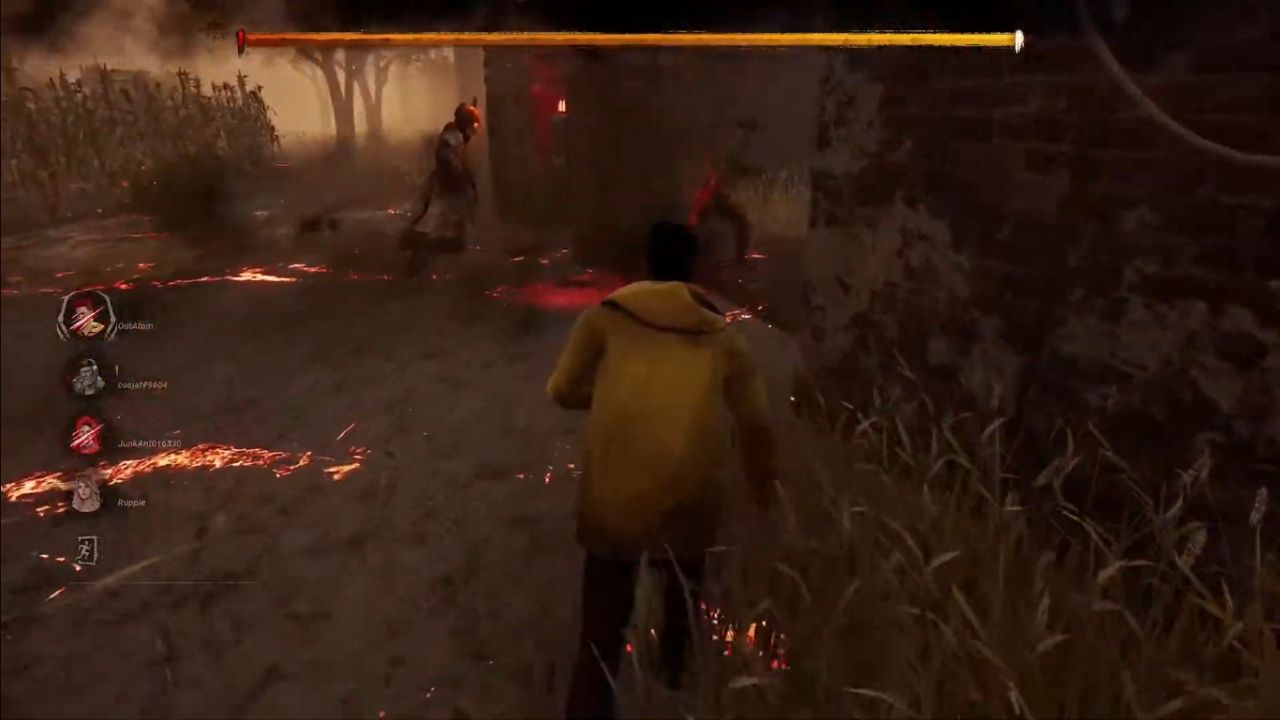



Late-Game Strategies
Killers intensify pressure as generators activate. Balance progress with caution—prolonged inactivity favors opponents. Cleansing dull totems preemptively counters Hex: No One Escapes Death. During endgame, coordinate gate openings: spread out or attempt rescues based on risk assessment.
For solo escapes, memorize Hatch spawn patterns near central structures. If multiple survivors remain, prioritize powering gates and reassessing rescue viability. Sometimes self-preservation outweighs heroics.
Optimal Loadouts for Newcomers
Meg’s Sprint Burst, Adrenaline, Déjà Vu, and We’ll Make It form a balanced starter build. Medkits or toolboxes supplement these perks. Gradually experiment with stealth or altruistic builds as confidence grows.
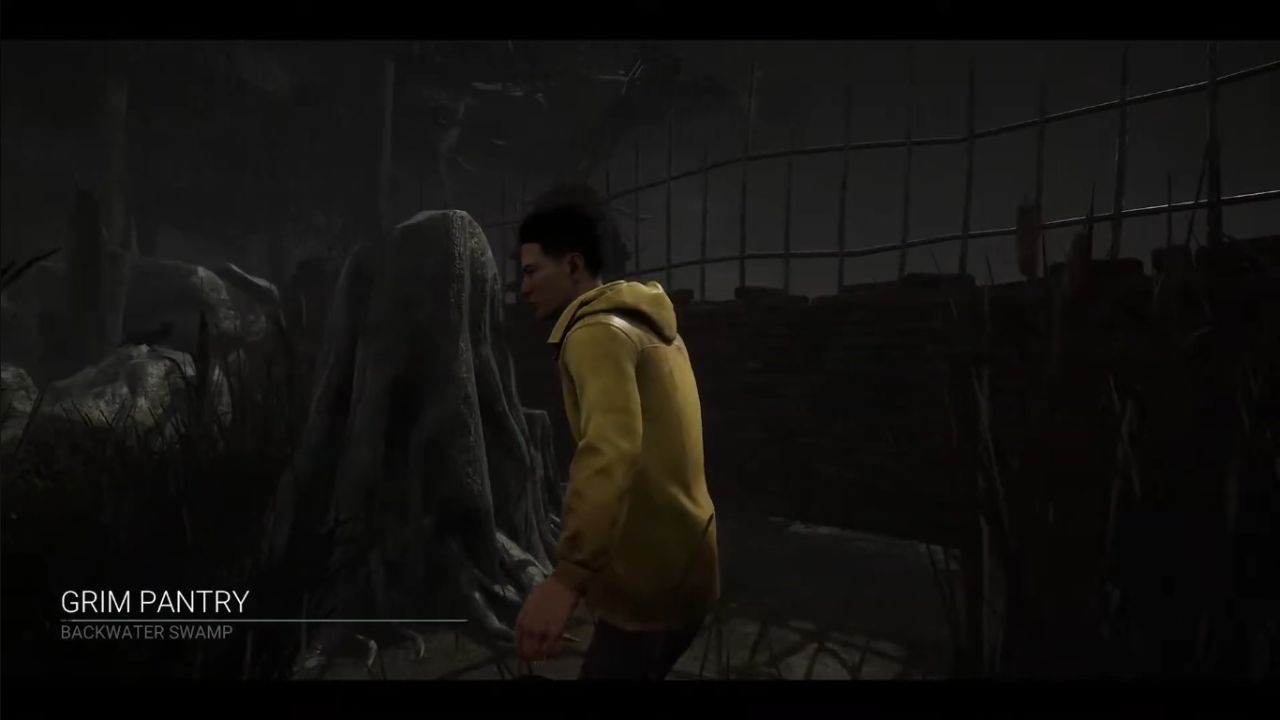



Final Tips for Growth
Analyze each match for improvement opportunities. Study killer attack patterns and map layouts. Practice camera control for optimal environmental scanning. Celebrate incremental progress—perfecting pallet stuns or precise vaults builds toward mastery. The thrill lies in nail-biting escapes and unpredictable comebacks that define memorable trials.

